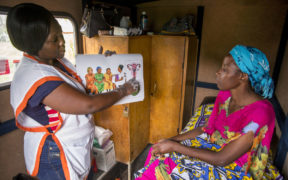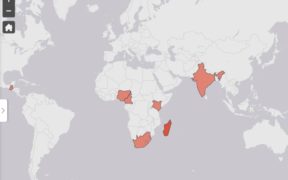Category:
PSI
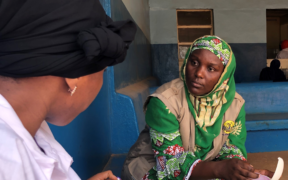
Le 23 février 2022, le projet Expanding Effective Contraceptive Options (EECO) dirigé par WCG Cares avec Population Services International (PSI) et financé par l'USAID, et le Collaboratif pour l’Accès au DMPA-SC de PATH-JSI ont organisé un webinaire sur l’introduction et la mise à l’échelle des méthodes de planification familiale (PF) auto-soins en Afrique subsaharienne.
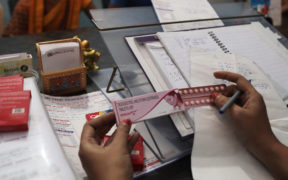
With India’s adolescent and youth population on the rise, the country’s government has sought to address this group’s unique challenges. India’s Ministry of Health & Family Welfare created the Rashtriya Kishor Swasthya Karyakram (RKSK) program to respond to the critical need for adolescent reproductive and sexual health services. Focusing on young first-time parents, the program employed several strategies to strengthen the health system to respond to adolescent health needs. This required a trusted resource within the health system who could approach this cohort. Community frontline health workers emerged as the natural choice.
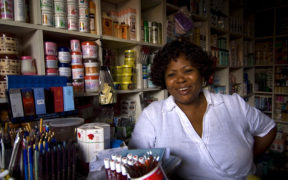
As governments and global bodies collectively work toward universal health coverage, self-care is an important — if not critical — element. Self-care equips people to act as informed agents of and protect their own health, prevent disease, and treat illness, both with and without the support of a healthcare provider.
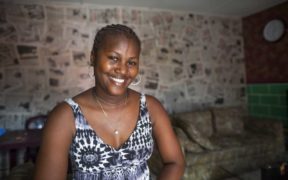
The hormonal Intrauterine System (IUS), also known as the LNG-IUS, is a highly effective long-acting reversible contraceptive (LARC) method. PSI shares five market indicators that suggest the hormonal IUS access will take off this decade, becoming a standard part of the contraceptive method mix in the many countries where it has previously been out of reach for women.
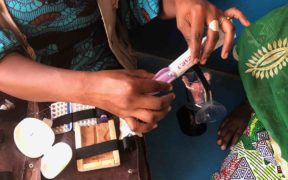
The Caya Diaphragm is a new self-care product available to Nigerien women as of June 2019. Experts predict a rise in demand for self-care during the pandemic due to stay-at-home orders, strain on health systems and fear of acquiring COVID-19 in healthcare settings.
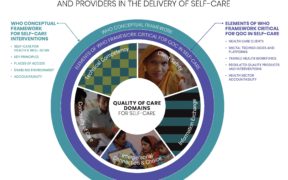
To mark International Self-Care Day, Population Services International and partners under the Self-Care Trailblazers Working Group are sharing a new Quality of Care Framework for Self-Care to help health systems monitor and support clients accessing health care on their own—without hindering clients’ ability to do so. Adapted from the Bruce-Jain family planning quality of care framework, the Quality of Care for Self-Care includes five domains and 41 standards that can be applied to a broad range of primary health care approaches to self-care.
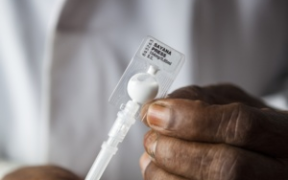
Comment les mesures d'auto-prise en charge peuvent-elles mieux nous équiper pour lutter contre la pandémie de COVID-19 ? Les contributeurs invités de PSI et Jhpiego offrent un aperçu et des conseils.

How can self-care measures better equip us to tackle the COVID-19 pandemic? Guest contributors from PSI and Jhpiego offer insight and guidance.



